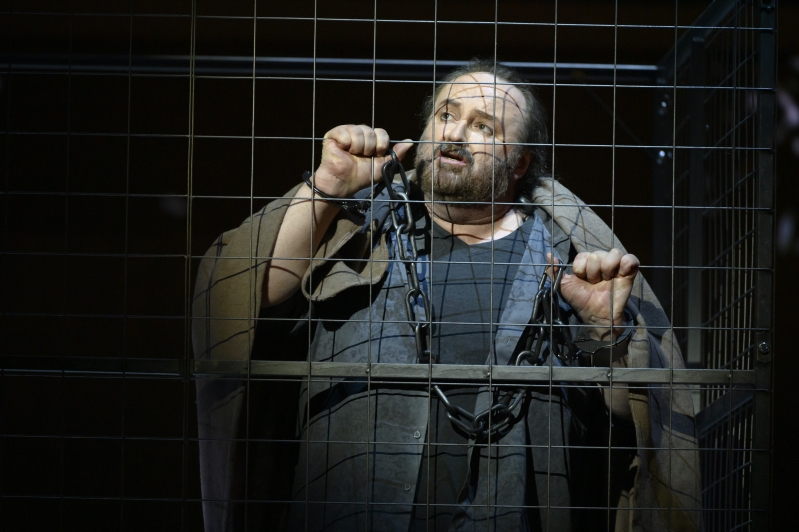
Think of musicals maestro Andrew Lloyd Webber sitting at his piano, at home, as the world readjusts to life with Coronavirus. At Welsh National Opera that led us to wonder about other composers who have written during periods of isolation, whether self-inflicted or otherwise… and there have been a few.
Other pandemics have led to compositions such as a hymn called Stella celi, written in the early 1400s in response to the Black death, the Plague, by John Cooke, an English composer. However, just because there’s a pandemic, doesn’t necessarily mean a composer is in isolation, nor is it the only reason that some of the greats have been written while locked away from the world – many musical geniuses seem to prefer a form of self-isolation in which to compose.
Mahler owned at least three isolated huts that he used when composing, disappearing off to them while he wrote so that he didn’t see a soul while working on his masterpieces. Grieg also had a hut on his property, away from everyone else, complete with a piano as well as a desk and obligatory stove (for heat and/or heating coffee, depending on wants). John Adams, a modern day composer who owns more than one hideaway for writing: both a music studio separate to his home and a cabin in the mountains; prefers the solitude and wilderness to any interruptions.
Beethoven is believed to be another who took to a form of self-imposed, self-isolation – withdrawing into himself in order to compose, to create; especially following the increase in his deafness. In this period, lasting almost three decades, Beethoven composed works that included his ‘String Quartet no13 Opus 130’. The cavatina (solo song) of which, New York Public Library has likened to the suffering of those with Covid-19 in a powerful comparison linked to Beethoven’s use of the term beklemmt, meaning oppressed, tight-chested, and its musical expression.
Haydn had to isolate, to contain himself in his home, during the last part of his life when Vienna was invaded by Napoleon’s army. His health meant he was pretty much housebound anyway, but there were also two sentries posted outside his house, effectively meaning he was imprisoned in his own home. (This was, however, to keep him protected – isolation in a form we all now know it). Prior to this he had spent his working life in the relative isolation of the court of Prince Esterházy, well away from any musical developments. Although he wasn’t unaware of them, it gave him the freedom to compose to his own stylistic visions.
Mozart, similarly, preferred to compose away from the distraction of the current fashions of the time – which he saw as crass. A form of isolation, for him, was necessary to write music he felt worthy of the name.
So, does isolation equate to creativity? Many would say that based on the experience of the last few weeks, it may well once again be proved so.



